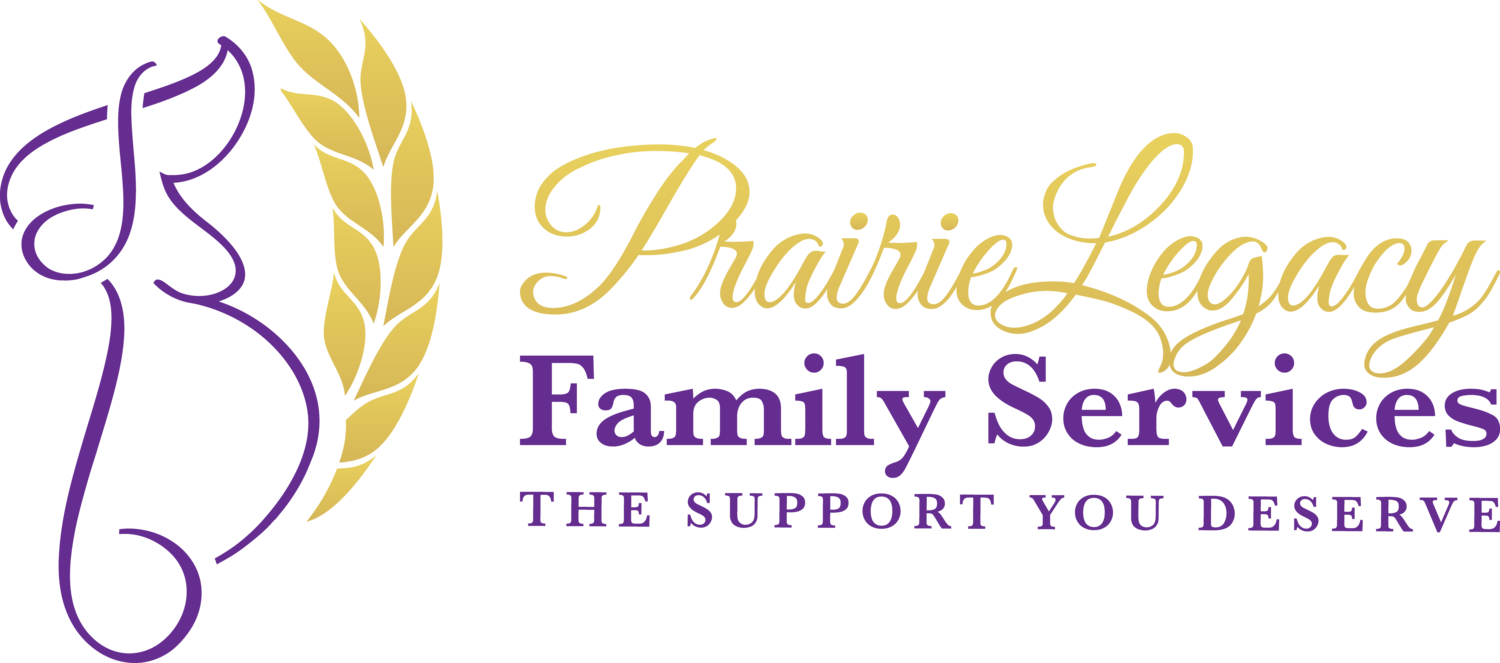Today we are going to cover low iron in pregnancy. I often work with expectant mothers who are struggling with low iron levels during pregnancy. This is a common concern among pregnant women, but it's important to understand just how vital iron is to both your health and the health of your growing baby.
Iron is an essential mineral that plays a critical role in the production of red blood cells, which are responsible for carrying oxygen throughout the body. During pregnancy, your body needs extra iron to support the growth and development of your baby, as well as to help your own body adapt to the physical demands of pregnancy.
Unfortunately, many women struggle with low iron levels during pregnancy, a condition known as iron-deficiency anemia. Symptoms of anemia can include fatigue, weakness, shortness of breath, and an increased heart rate. Left untreated, anemia can also increase the risk of complications during pregnancy and childbirth, such as preterm birth, low birth weight, and postpartum hemorrhage.
So what can you do if you're struggling with low iron levels during pregnancy? Here are a few tips:
Focus on iron-rich foods: Incorporating foods that are high in iron into your diet can help boost your iron levels. Good sources of iron include lean meats, poultry, fish, beans, lentils, tofu, spinach, and fortified cereals.
Take an iron supplement: Your healthcare provider may recommend an iron supplement to help boost your iron levels. Be sure to follow their recommended dosage, as too much iron can be harmful.
Pair iron-rich foods with vitamin C: Vitamin C can help enhance the absorption of iron. Try pairing iron-rich foods with foods that are high in vitamin C, such as citrus fruits, strawberries, bell peppers, and tomatoes.
Rest and stay hydrated: Rest and hydration are important during pregnancy, but they are especially important if you're struggling with anemia. Be sure to get plenty of rest and drink plenty of fluids throughout the day.
Nettle Tea contains both calcium and iron in small amounts.
Using a cast iron pan can also be helpful as the food will absorb some of the iron from the pan while it is cooking.
As a doula, I understand that pregnancy can be a challenging time, especially when dealing with health concerns like low iron levels. That's why I work with my clients to provide them with the support and resources they need to have a healthy and positive pregnancy and childbirth experience. If you're struggling with low iron levels during pregnancy, talk to your healthcare provider about your options and reach out to a doula for additional support. We're here to help you every step of the way!

